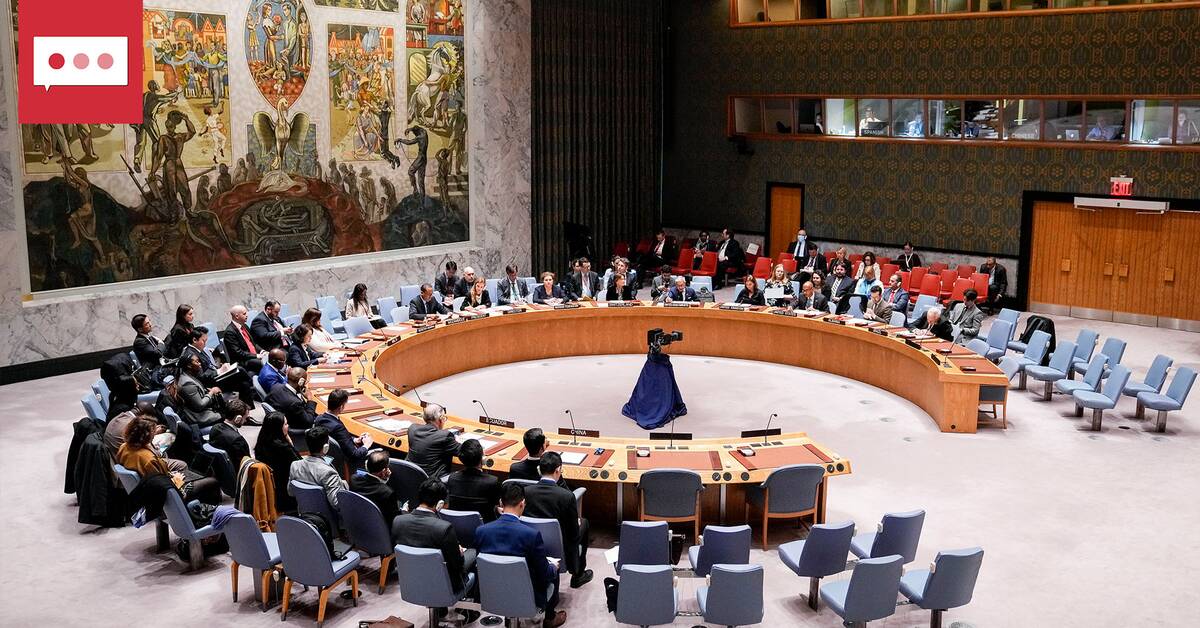15 countries take turns chairing the UN Security Council. Every month, the gavel is handed over to the next country and now it has become Russia's turn. The fact that this is happening at the same time as Russia is waging war against Ukraine shows the political crisis that has hit the UN, says Engelbrekt.
"The fact that a country that sits on the Security Council permanently and has the right of veto disregards principles of sovereignty and the integrity of states is, of course, very serious. There may not be a more serious example than this one historically. It expresses a lack of respect for how the UN works, says Kjell Engelbrekt.
"Won't be able to do much"
According to Engelbrekt, Russia's presidency is primarily a symbol that the UN is paralyzed – the scope for doing something is limited.
"In concrete terms, you can't do much even though you're chairman. You cannot block issues from being raised. You cannot completely shut down discussions, and you are expected to keep a good tone in the negotiations. The work will work much as before, he says.
Among other things, Russia plans to use the time to hold two debates on "effective multilateralism in the Middle East" and an information meeting on "the risks of violations of arms export rules."
"Does not affect the war"
The UN has so far not had a particularly strong role in relation to Russia's war against Ukraine. That the war would be affected by the Russian presidency is out of the question, according to Engelbrekt.
"There are other things that matter, such as the attitude of the major powers and the EU and NATO. And, above all, the military power relations between Russia and Ukraine. You will not be influenced by the presidency," he says.
Hear Kjell Engelbrekt, professor of political science, talk about the Russian presidency in the video above.

